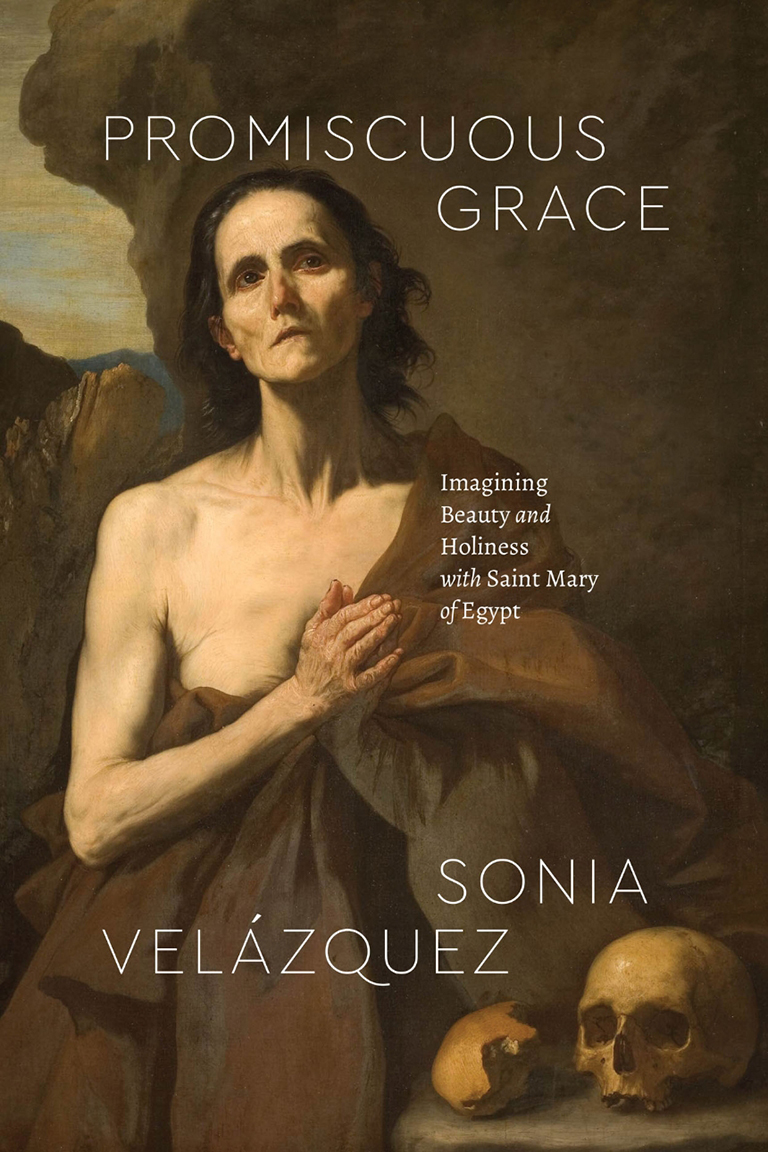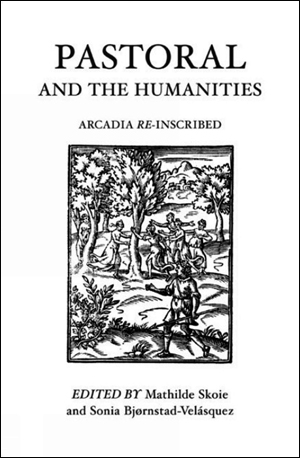- Ph.D., Princeton University
- M.A., University of California, Irvine
- A.B., Princeton University

Sonia Velázquez
Associate Professor, Religious Studies
Associate Professor, Comparative Literature
Director of Undergraduate Studies, Religious Studies
Faculty Affiliate, Renaissance Studies and Center for Theoretical Inquiry in the Humanities
Faculty Advisor, Invocations: Undergraduate Journal of Religious Studies


 The College of Arts
The College of Arts